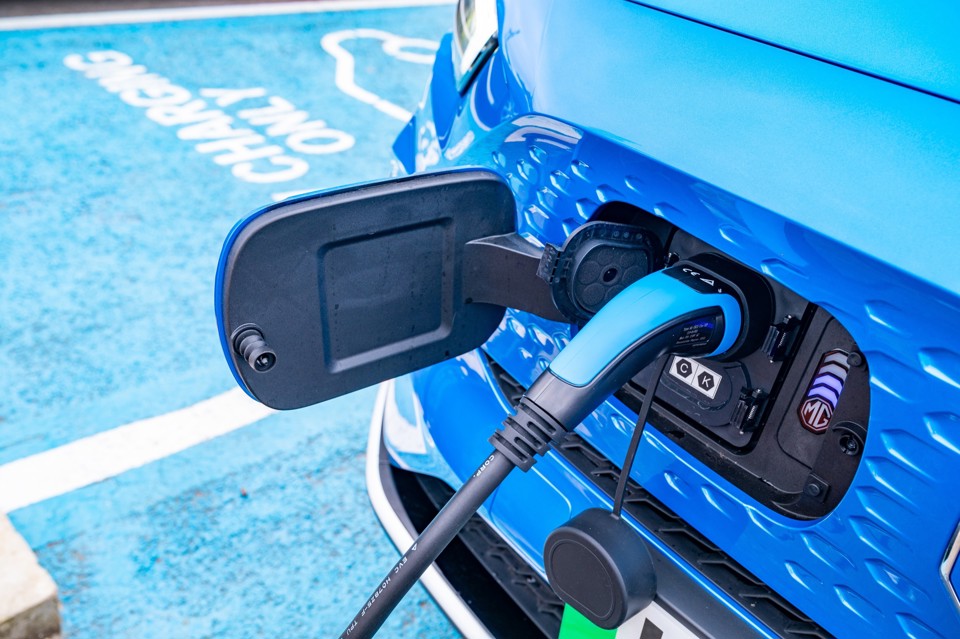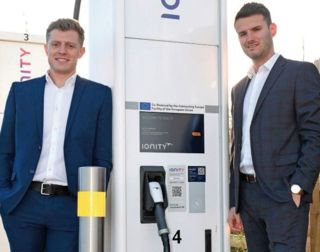Salary sacrifice car schemes need to be inclusive and introduced as part of a wider sustainable transport solution to deliver real environmental benefits, says Knowles Fleet.
Salary sacrifice volumes were up 33% year-on-year, according to figures of British Vehicle Rental and Leasing Association (BVRLA), underlining the growing popularity of these schemes, with many providers now offering electric-only initiatives.
Well-designed schemes can deliver a money saving benefit for employers and staff alike but off the shelf, electric only solutions, introduced in insolation can inadvertently cause grey fleet emissions to rise, especially during a cost-of-living crisis, says Knowles Fleet.
Dan O’Neill, head of commercial divisions at public sector transport management firm, Knowles Fleet, explained: “Recent YouGov research found saving money is the most important element of an employee benefit for almost 75% of workers.
“So with high living costs and employers battling to recruit and retain good staff, it’s not surprising we’re hearing from more and more organisations looking for an electric salary sacrifice scheme.
“These initiatives can work for some but as real incomes fall, so does the number of people who can afford to join a scheme, particularly as EV lease costs are higher. This forces more drivers to continue relying on their existing, older, higher polluting cars for work, limiting progress to net zero.”
Analysis of Knowles Fleet’s 170 public sector customers also shows that most salary sacrifice cars are used primarily for private travel.
Many high business mileage drivers are still opting to use their own vehicle for work rather than an electric salary sacrifice car or where the option is available, a lower cost, lower emission petrol car under a salary deduction arrangement, it said.
O’Neill said: “Salary sacrifice schemes often only reimburse fuel at HMRC’s Advisory Fuel Rate which gives drivers little financial incentive to switch from using their own vehicle. As a result, emissions from business travel remain high.”
To join a salary sacrifice scheme, employees’ pay must remain above the National Minimum Wage after monthly car payments which can again restrict take up, especially across lower paid sectors.
O’Neill continued: “A scheme will only deliver significant cost and emissions savings if it is designed so more people can take advantage of the benefit.
“That’s why it’s important for every scheme to be personalised and inclusive, offering a wide choice of zero and lower emission cars for all budgets plus alternative payment options such as salary deduction so more staff can join.
“Employers also need to adopt a rounded approach to sustainable employee transport by offering alternative, accessible options such as low emission pool cars with online booking and keyless entry. This is the securest route to net zero travel.”
























Login to comment
Comments
No comments have been made yet.